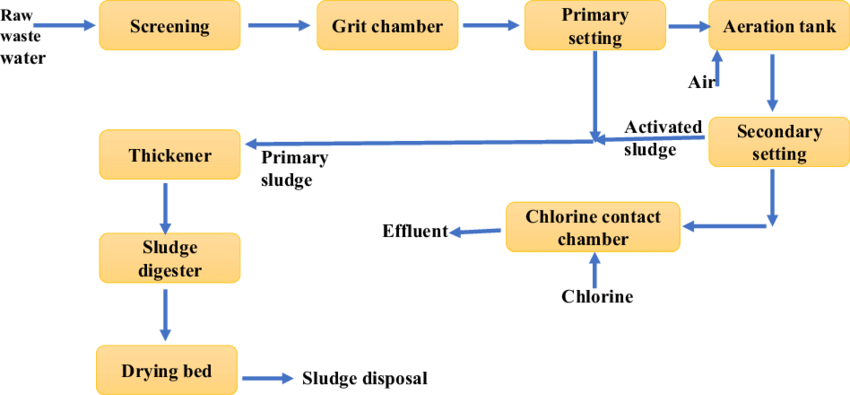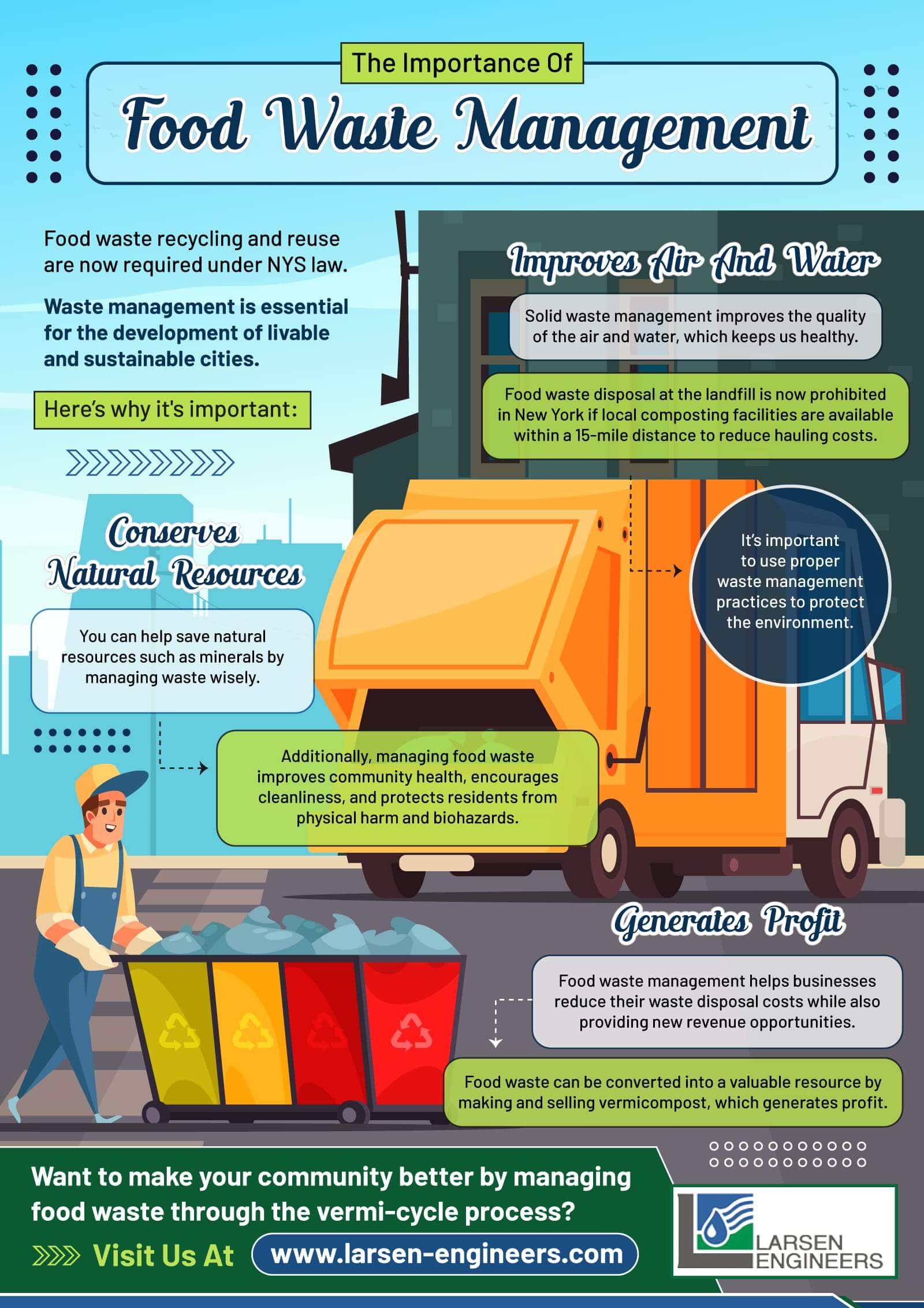The Basic Principles Of Reclaim Waste
The Basic Principles Of Reclaim Waste
Blog Article
Reclaim Waste Fundamentals Explained
Table of ContentsThe Single Strategy To Use For Reclaim WasteA Biased View of Reclaim WasteAbout Reclaim WasteSee This Report about Reclaim WasteReclaim Waste Can Be Fun For Everyone
Check out the kinds, events, and types of fluid waste. Domestic sewer waste refers to the waste and products from a residential septic system. This sort of waste is created by humans in homes, schools, and various other buildings. This only consists of septic storage tanks that have a drain area. The proper monitoring and disposal of domestic sewer waste need fluid waste to be moved to a sewer treatment plant where the correct techniques and equipment are put on purify and deal with waste.
Commercial waste commonly consists of potential threats, such as flammable products or a combination of fluid and strong waste products, and calls for a much more innovative and thorough disposal process. The disposal of business waste usually involves the purification of waste before transportation to make certain risk-free and proper disposal. Industrial waste is produced from by-products and runoff of commercial procedures and production.
This kind of waste can not use the very same sewer administration transport or procedures as septic or commercial liquids. The hazardous waste management process calls for the assessment and testing of liquid waste before it undertakes the disposal process (liquid waste removal). Drainage waste is the fluid waste that originates from overflow and excess stormwater in highly inhabited locations or cities
Overflow waste can cause contamination and flooding if not taken care of appropriately. Learn more regarding sewer cleansing and waste monitoring. Making sure proper waste administration can prevent disasters and minimize environmental damage. Both individuals in domestic settings and professionals in business or manufacturing markets can benefit from recognizing the processes and policies of fluid waste monitoring.
Our Reclaim Waste Statements
Call PROS Services today to learn more about our waste administration and disposal solutions and the proper methods to take care of the fluid waste you produce.
(http://www.askmap.net/location/7161699/australia/reclaim-waste)Do you understand what happens to your water when you pull the plug, flush the toilet or drain the cleaning maker? No? Well, it's worth recognizing. This supposed 'wastewater' is not just an important source but, after treatment, will be released to our land, waterways or the ocean. Made use of water from toilets, showers, baths, kitchen sinks, washings and industrial processes is referred to as wastewater.

water used to cool equipment or clean plant and tools). Stormwater, a type of wastewater, is overflow that flows from farming and urban locations such as roofings, parks, yards, roadways, paths and seamless gutters right into stormwater drains pipes, after rain. Stormwater flows neglected straight to local creeks or rivers, eventually reaching the ocean.
Getting The Reclaim Waste To Work
In Queensland, most wastewater is treated at sewer treatment plants. Wastewater is moved from residential or commercial websites via a system of sewage systems and pump terminals, recognized as sewage reticulation, to a sewage therapy plant. Neighborhood federal governments construct, preserve and operate most sewage treatment plants. Operators are licensed under the Environmental Security Act 1994 to discharge treated wastewater at an appropriate ecological criterion right into waterways.
The Department of Natural Resources advises local governments concerning handling, operating and keeping sewerage systems and treatment plants. In unsewered locations, city governments might need homeowners to install specific or house sewer treatment systems to treat residential wastewater from commodes, cooking areas, washrooms and laundries. The Department of Natural Resources authorizes the usage of family systems when they are proven to be reliable.
A lot of stormwater obtains no therapy. In some new subdivisions, therapy of some stormwater to eliminate litter, sand and crushed rock has started utilizing gross pollutant traps. Wastewater treatment takes place in four phases: Removes strong matter. Bigger solids, such as plastics and various other items wrongly discharged to sewage systems, are eliminated when wastewater is passed through displays.
Uses tiny living organisms knows as micro-organisms to break down and eliminate remaining liquified wastes and fine particles. Micro-organisms and wastes are included in the sludge.
Unknown Facts About Reclaim Waste
Nutrient removal is not available whatsoever sewage treatment additional resources plants because it requires costly specialist devices. It is becoming much more typical in Queensland. Clear liquid effluent generated after treatment may still contain disease-causing micro-organisms. If this effluent is launched into rivers such as rivers or the sea, the micro-organisms will at some point pass away out.

The majority of wastewater streams into the sewerage system. Under the Act, neighborhood governments carry out authorizations and licences for environmentally pertinent activities (Periods) including wastewater launches that could have a local influence.
5 Easy Facts About Reclaim Waste Explained
Monitoring offers factual information regarding water high quality and can validate that permit conditions are being satisfied. The info acquired with monitoring supplies the basis for making water high quality decisions.
Report this page